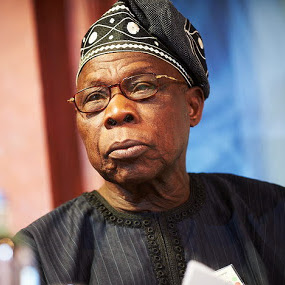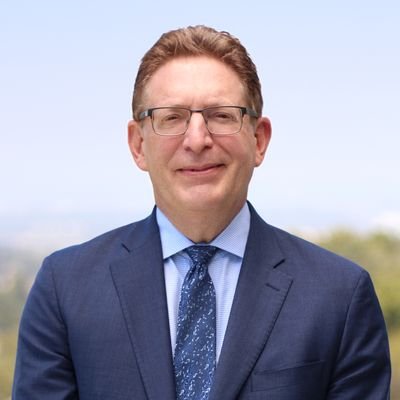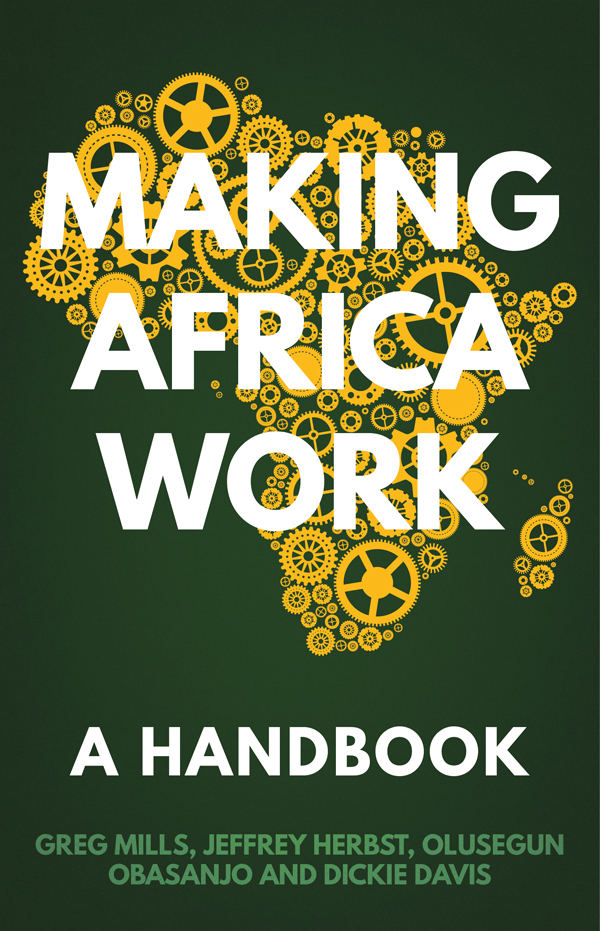Books
Making Africa work: A handbook for economic success

Special Advisor, The Brenthurst Foundation

Former President of Nigeria; Chairman and Advisory Board Member Emeritus, The Brenthurst Foundation

Former President and CEO of the NEWSEUM, USA

Director, The Brenthurst Foundation
Over the next generation, Sub-Saharan Africa faces three big, inter-related challenges. Its population will double to 2 billion by 2045. By then, more than half of Africans will be living in cities. And this group of mostly young people will be connected with each other and the world through mobile devices.
Properly planned for and harnessed, this situation is a tremendously positive force for change. But without economic growth and jobs, it could prove a political and social catastrophe. With these population increases, old systems of patronage and of muddling through will no longer work. Instead, if leaders want to remain in power, they will have to find a more dynamic means of promoting growth.
A first-hand account of a rapidly changing region, Making Africa Work is a handbook for ensuring growth beyond commodities and creating jobs across the continent.
About the Authors:
Greg Mills is director of the Brenthurst Foundation. He is widely published on international affairs, development and security, an adviser to African governments, and the author of the best-selling books Why Africa is Poor: And What Africans Can Do About It (2010) and Why States Recover: Changing Walking Societies into Winning Nations, from Afghanistan to Zimbabwe (2014).
Jeffrey Herbst is the 16th President of Colgate University, a leading liberal arts college in the United States, and has written extensively on political and international affairs. His primary research interests are in the politics of sub-Saharan Africa, the politics of political and economic reform and the politics of boundaries.
Chief Olusegun Obasanjo was president of Nigeria from 1999 to 2007 and chairperson of the African Union from 2004 to 2006.
Dickie Davis is the Managing Director of Nant Enterprises Ltd and an associate of the Brenthurst Foundation. He served for thirty-one years in the British Army, reaching the rank of Major General. During his military career he served extensively on operations in Afghanistan, commanding the first UK Provincial Reconstruction Team in Mazar-e-Sharif, leading the ISAF Reconstruction and Development effort and as Chief of Staff of Regional Command (South). He is a Vice President of the Institution of Royal Engineers, Chairman of both the Royal Engineers’ Museum and the Royal Engineers Officers’ Widows Society, and is Honorary Colonel of the Royal Monmouthshire Royal Engineers (Militia). He holds a Master’s degree in defence technology and is a Fellow of the Chartered Management Institute.


